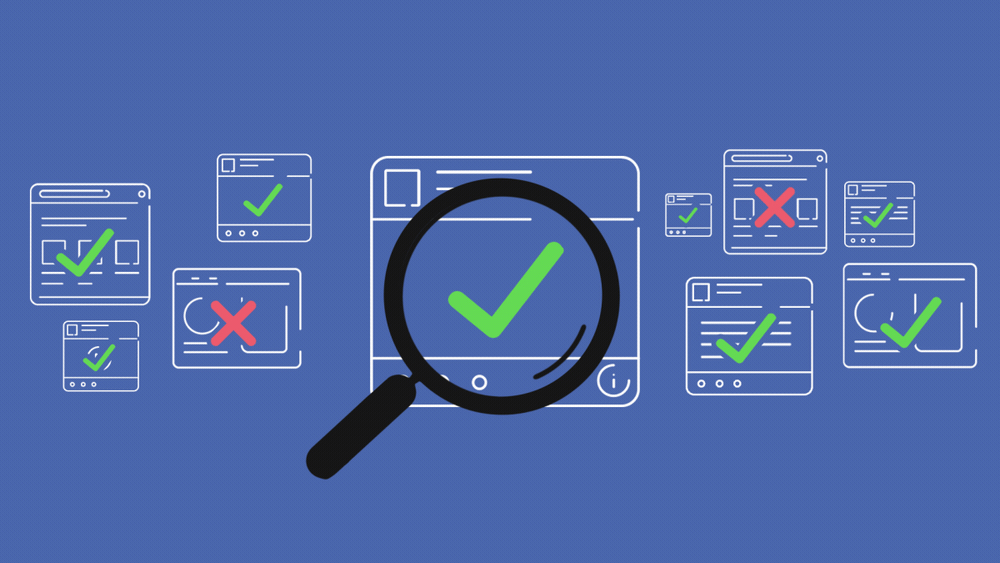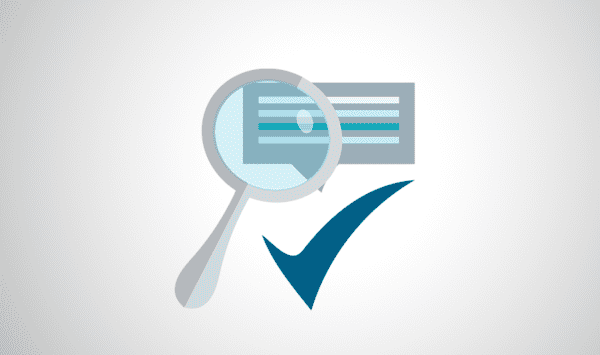In today’s digital world, where information spreads like wildfire, the need for accurate and reliable content has never been more critical. For businesses and content creators, this means staying ahead of the curve and ensuring their online presence reflects the highest standards of truthfulness. Enter the game-changer: AI-powered fact-checking tools. These innovative solutions are revolutionizing the way we approach SEO, offering a powerful weapon against misinformation and boosting online credibility like never before.
The Rise of Fake News and the Need for Fact-Checking
The internet, with its vast and readily accessible information, has unfortunately become a breeding ground for fake news and misleading content. This poses a significant challenge for users seeking reliable information and for businesses striving to maintain a trustworthy online reputation.
Fact-checking, traditionally a manual and time-consuming process, has become increasingly important in combating this issue. However, the sheer volume of online content makes manual fact-checking an impossible task. This is where AI steps in, offering automated solutions that can analyze vast amounts of data and flag potential inaccuracies with remarkable speed and efficiency.
How AI is Revolutionizing Fact-Checking
AI-powered fact-checking tools leverage the power of natural language processing (NLP) and machine learning algorithms to analyze text, identify claims, and cross-reference them with credible sources. These tools can:
- Verify factual assertions: AI algorithms can scan text for claims and check their validity against a vast database of reliable sources.
- Identify misleading information: AI can detect subtle nuances in language and identify potentially misleading or biased statements.
- Assess source credibility: AI can evaluate the trustworthiness of sources based on factors like reputation, domain authority, and fact-checking history.
- Flag potential issues: AI can alert content creators to potential inaccuracies or inconsistencies in their content, allowing them to address these issues before publication.

The SEO Advantage of Automated Fact-Checking
Beyond safeguarding against misinformation, AI-powered fact-checking tools offer a significant SEO advantage. Search engines, like Google and Bing, are increasingly prioritizing accurate and trustworthy content in their search results. This means websites that consistently publish fact-checked content are more likely to rank higher and attract more organic traffic.
Here’s how automated fact-checking can boost your SEO:
- Enhanced Credibility and E-E-A-T: Search engines use factors like Expertise, Experience, Authoritativeness, and Trustworthiness (E-E-A-T) to evaluate websites. Fact-checked content demonstrates these qualities, signaling to search engines that your website is a reliable source of information.
- Improved User Experience: Fact-checked content provides users with accurate and trustworthy information, enhancing their overall experience on your website. This can lead to longer dwell times, lower bounce rates, and increased engagement – all positive signals for SEO.
- ClaimReview Markup and Rich Results: Google’s ClaimReview markup allows websites to highlight fact-checked content in search results. This can significantly increase visibility and click-through rates.
- Reduced Risk of Penalties: Publishing inaccurate or misleading content can lead to penalties from search engines, negatively impacting your rankings. AI-powered fact-checking tools help mitigate this risk by ensuring the accuracy of your content.
ClaimReview Markup: A Powerful Tool for SEO
Google’s ClaimReview markup is a structured data vocabulary that enables websites to explicitly identify fact-checked content. By implementing this markup, websites can signal to Google that their content has undergone a rigorous fact-checking process.
This can result in enhanced visibility in search results, with fact-checked articles often appearing in dedicated fact-check sections or receiving special tags that highlight their verified status. The ClaimReview markup also plays a vital role in powering Google’s Fact Check Explorer, a searchable database of fact-checks from around the world.
Fact-Checking for E-commerce: Building Trust and Boosting Sales
The benefits of fact-checking extend beyond news and informational content. E-commerce websites can leverage AI-powered tools to ensure the accuracy of product descriptions, specifications, and claims, ultimately building trust with consumers and driving sales.
AI can help e-commerce websites:
- Verify product claims: Ensure that product descriptions accurately reflect the features and benefits of the product, preventing misleading or exaggerated claims.
- Check ingredient lists: Verify the accuracy of ingredient lists for products like food, cosmetics, and supplements, ensuring compliance with regulations and consumer expectations.
- Validate sustainability claims: Confirm the validity of environmental or sustainability claims made about products, promoting transparency and ethical practices.
- Enhance product knowledge graphs: Improve the accuracy and completeness of product information in knowledge graphs, facilitating better search results and product recommendations.
By implementing AI-powered fact-checking, e-commerce websites can improve the customer experience, reduce the risk of returns and negative reviews, and ultimately drive higher conversion rates.

The Future of Fact-Checking: AI Agents Leading the Way
As AI technology continues to evolve, we can expect even more sophisticated fact-checking solutions to emerge. AI agents, powered by advanced language models and knowledge graphs, are already being developed to automate fact-checking workflows and provide real-time verification capabilities.
These AI agents can:
- Analyze complex claims: Understand the nuances of language and context to assess the validity of intricate or multifaceted claims.
- Cross-reference multiple sources: Access a wide range of data sources, including knowledge graphs, databases, and online archives, to verify information thoroughly.
- Explain their reasoning: Provide clear and understandable explanations of their fact-checking process, increasing transparency and trust.
The development of AI agents for fact-checking represents a significant step towards creating a more reliable and trustworthy online information ecosystem.
Ethical Considerations and the Importance of Human Oversight
While AI offers powerful tools for automated fact-checking, it’s essential to recognize the ethical considerations surrounding this technology. AI algorithms, like all technologies, are susceptible to biases and limitations. It’s crucial to ensure that AI-powered fact-checking tools are developed and used responsibly, with human oversight to mitigate potential biases and ensure accuracy. Moreover, transparency in the algorithms used by AI fact-checking tools is vital to build trust among users. Observing ai factchecking tools in action can highlight both their capabilities and shortcomings, prompting ongoing improvements. Ultimately, collaboration between technologists and ethicists can pave the way for more reliable and fair applications of AI in the realm of information verification.
Conclusion
The rise of AI-powered fact-checking tools marks a paradigm shift in how we approach online information. These tools offer a powerful weapon against misinformation, empowering businesses and content creators to build trust, enhance their SEO, and contribute to a more reliable and trustworthy web. As AI technology continues to evolve, we can expect even more innovative solutions that will further revolutionize the way we verify and consume online information. Embracing these tools is not just about staying ahead of the curve; it’s about fulfilling our responsibility to create a digital world where truth and accuracy prevail.
FAQs
What are the limitations of AI-powered fact-checking tools? While AI-powered fact-checking tools offer significant advantages, they also have limitations. Some claims, particularly those involving subjective opinions or nuanced interpretations, may be difficult for AI to evaluate accurately. Additionally, AI algorithms are susceptible to biases based on the data they are trained on. It’s crucial to acknowledge these limitations and maintain human oversight in the fact-checking process.
How can I implement AI-powered fact-checking in my SEO strategy? There are several ways to integrate AI-powered fact-checking into your SEO strategy:
- Utilize fact-checking tools: Explore available AI-powered fact-checking tools like Agent WordLift and integrate them into your content creation workflow.
- Implement ClaimReview markup: Use Google’s ClaimReview markup to highlight fact-checked content on your website, enhancing visibility in search results.
- Focus on E-E-A-T factors: Consistently publish accurate, well-researched content that demonstrates expertise, authoritativeness, and trustworthiness.
- Stay informed about AI advancements: Keep abreast of the latest developments in AI-powered fact-checking to leverage new tools and techniques.
Are AI-powered fact-checking tools expensive? The cost of AI-powered fact-checking tools varies depending on the features and capabilities offered. Some tools are available for free, while others require a subscription or pay-per-use model. It’s important to evaluate your needs and budget to choose the most suitable solution for your business.

